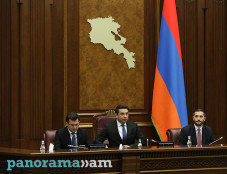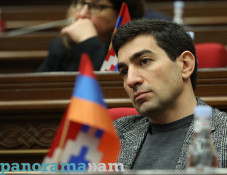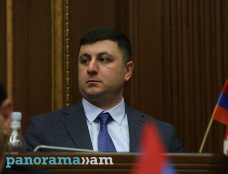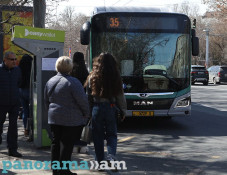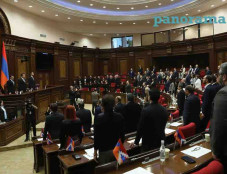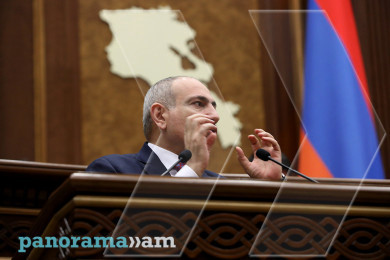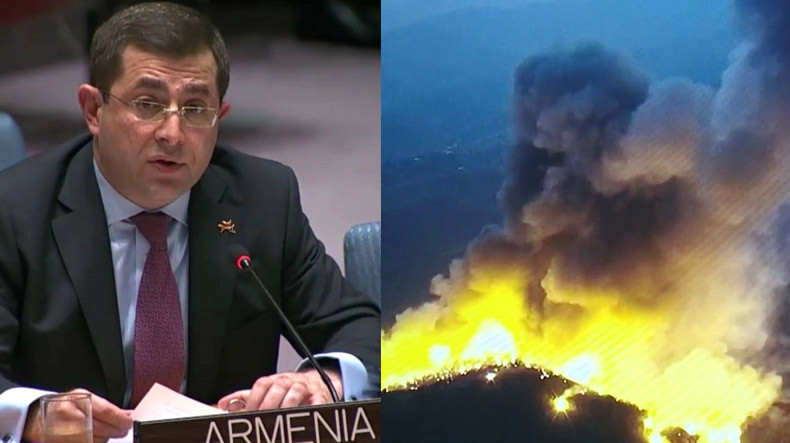
Armenian diplomat calls attention to Azerbaijan’s use of banned weapons against Artsakh civilian population at UN meeting
Armenia’s Permanent Representative to the UN Mher Margaryan delivered remarks at the UN Security Council VTC meeting “Mine action and sustaining peace: stronger partnerships for better delivery” on Thursday.
“Landmines, explosive remnants of war and improvised explosive devices continue to pose a serious threat for security of the civilian population, peacekeepers and humanitarian personnel. People residing in conflict areas are particularly vulnerable to the threats posed by landmines and unexploded ordnance, which affect their daily life and have a negative impact on the realization of their human rights and fundamental freedoms, including the right to life and the right to development," the diplomat said in his statement.
He stated that Armenia is committed to the global efforts in the field of mine action.
“The Armenian Humanitarian mission in Syria continues to conduct physical de-mining activities in the residential areas of Aleppo province and to promote mine-awareness, with the view to ensure safety and security of the civilian population in close cooperation with the UNMAS.
“The Armenian Center for Humanitarian Demining and Expertise, a state non-commercial institution, has developed cooperation with international and regional organizations, as well as humanitarian demining agencies in the field of mine awareness, survey and clearance of contaminated areas and victim assistance,” the ambassador said.
Margaryan highlighted that the large-scale military aggression unleashed by Azerbaijan against the people of Artsakh (Nagorno-Karabakh) with the support of Turkey and foreign terrorist fighters launched on 27 September 2020, has led to further contamination of the territory of Artsakh, in particular the civilian settlements by unexploded ordnance.
“Azerbaijan has been using all types of heavy weaponry, including multiple launch rocket systems, artillery, missiles, various types of UAVs, military aircraft and banned cluster munitions to conduct targeted attacks on the civilian population in gross violation of the international humanitarian law. Hundreds of cluster bomblets, sub-munitions and other explosive remnants in residential areas of Nagorno-Karabakh have caused serious security risks to civilians. Human Rights Watch has documented use of cluster munitions in various populated areas of the capital city Stepanakert and other settlements of Nagorno-Karabakh,” he said.
The ambassador noted that since the establishment of ceasefire and the deployment of Russian peacekeeping forces in Artsakh, the humanitarian deminers have cleared 1,873 hectares of territory, including residential areas and agricultural fields from unexploded ordnance and neutralized more than 25,000 explosive objects, which also highlights the scope of the challenge.
Newsfeed
Videos






